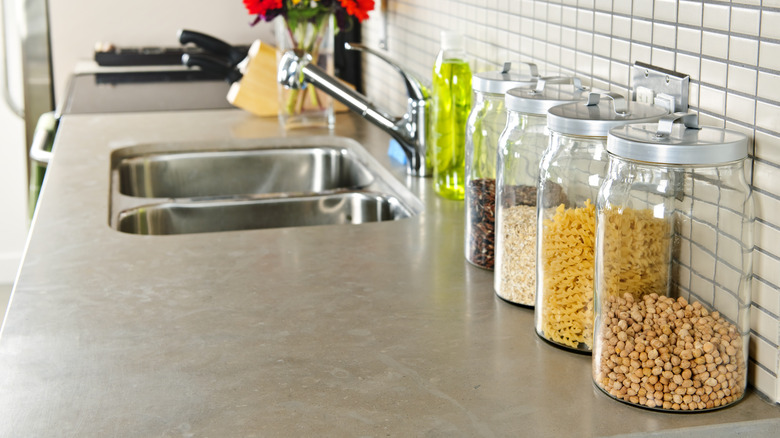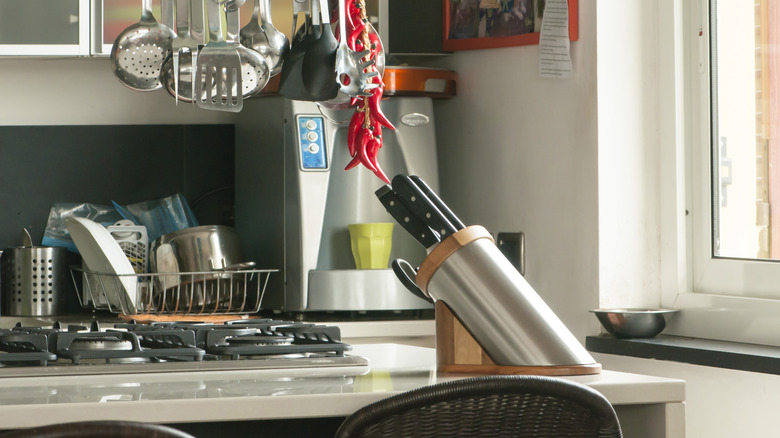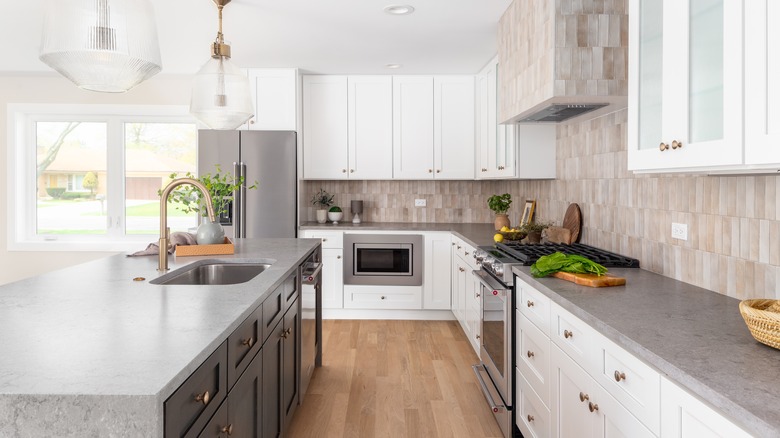Will Soapstone Kitchen Countertops Hurt Your Home's Resale Value?
It is arguably one of the least understood countertop materials. Nonetheless, soapstone or steatite captivates many for its unfamiliar beauty and charm. Several years ago, this natural stone may have been considered an underdog in the countertop market. However, it has made its way to the mainstream and is now more popular than ever. But as more and more homeowners fall in love with its distinct gray charcoal hue, some testimonies tell of disappointments over its vulnerability to damages and the difficulty of repairs. If that is the case, is soapstone a countertop option that will make it harder to sell a house? Can the misunderstood middle child of the countertop family also be its black sheep?
There are both pros and cons of soapstone countertops, and real estate professionals also seem to have mixed opinions. It is true that several individuals shared regrets about using soapstone in their projects. However, recent statistical data shows that the industry's prevailing impression is positive. According to a 2023 analysis report by Zillow, soapstone, along with terrazzo and quartz, boosted selling prices of homes by up to 2.6% or the equivalent of $8,511 above the usual amount. Additionally, soapstone countertops, in particular, sped up the selling time of properties by nearly four days.
Issues about soapstone's toughness and repairability
So if they are so highly demanded, why do homeowners have mixed feelings about using soapstone countertops? The answer lies in the material's natural composition. Soapstone is primarily made of talc, a mineral known for its softness — hence its name. In fact, before it was introduced as a construction material, soapstone was mainly quarried as a sculpting material because it was relatively easy to carve and cut. However, soapstone's lack of hardness presents a problem when used as a kitchen countertop, a job that requires withstanding contact with knives, pots, pans, and other solid articles.
Designer Shauna Beltramo narrates her experience with soapstone on her blog, sharing how her chosen countertop material became an inconvenience because of how easily the surface got scratched, stating: "..My BIGGEST kitchen design mistake was soapstone." She adds that sanding the etch marks did not help and created patches of uneven shades. Oiling the counter hid the scratches, but only temporarily, and it became greasy and uncomfortable to work on.
So why is soapstone countertop still trending more than ever?
It's true that soapstone is not titanium-tough. Nevertheless, its appeal is growing rapidly among homeowners, and there are very good reasons for it. For instance, what soapstone lacks in surface strength is made up by its durability. Compared to other natural stones, it has a high mass density, making it less brittle – you can scratch it, but you cannot crack it. Soapstone may be soft on the outside but tough on the inside – literally.
Its dense composition also gives it its high adsorbency, making it non-porous and stain-resistant. Soapstone is also anti-microbial by nature and will withstand very high heat. But with all these practical advantages, the greatest allure of soapstone countertops is still their visual appeal. "Even all these years later. I don't regret choosing such a beautiful piece with gorgeous movement," writes Ashley Mills of The Handmade Home, a real estate, design, and construction firm from Nashville. "I'd argue it's one of the centerpieces of our home."


